Tensions between Washington and Beijing escalated further this week after the Chinese Foreign Ministry accused the US Central Intelligence Agency (CIA) of launching a “political provocation” aimed at undermining China’s internal stability. The move follows the CIA’s public release of recruitment videos, broadcast in Mandarin, seeking to lure Chinese officials and experts into covert cooperation.
During a press briefing on May 6, Chinese Foreign Ministry spokesperson Lin Jian sharply criticized the CIA’s efforts, accusing the US of persistently violating international norms by employing “despicable methods to steal other countries’ secrets, interfere in their internal affairs and commit subversion.” Lin emphasized that these actions are not isolated but form part of a larger pattern of US behavior, which he argued blatantly disregards international law and basic standards of diplomacy.
“The United States not only maliciously smears and attacks China,” Lin stated, “but also blatantly attempts to lure Chinese personnel, even government officials, to become their informants.” He added that Beijing would take “all measures necessary to resolutely push back infiltration and sabotage activities from overseas and defend national sovereignty, security and development interests.”
The recruitment videos released on May 1 encourage Chinese individuals, particularly those with access to sensitive information, to secretly cooperate with the US intelligence community. The targeted groups include those working in economic, fiscal, and trade policy sectors, as well as those in national security, defense industries, diplomacy, science, and advanced technologies.
In the videos, the CIA assures potential recruits that their identities will be protected and outlines secure communication methods to avoid detection. This approach mirrors tactics the CIA has used previously against Russia and other nations, leveraging promises of anonymity, moral righteousness, and personal safety to encourage defections.
A CIA official told major American media outlets that the agency sees China as its “top priority” for intelligence gathering. The agency reportedly launched a major reorganization in 2021 to strengthen its operations focused on China, even establishing a dedicated “China Mission Center.” The recruitment campaign appears to be an extension of that broader strategic realignment.
China’s reaction reflects deepening anxiety over espionage threats. In recent years, Beijing has significantly ramped up its counterintelligence efforts, tightening laws against foreign spying and encouraging citizens to report suspicious activities. Authorities have repeatedly warned of “foreign forces” attempting to interfere in China’s political, technological, and social spheres.
Earlier this year, China announced the discovery of several espionage cases allegedly involving Chinese nationals recruited by Western intelligence services. State media outlets frequently publicize these cases as cautionary tales, emphasizing the dangers of cooperating with foreign spies.
The current dispute underscores the increasingly adversarial nature of US-China relations, where issues of espionage, technology theft, and political interference now dominate the bilateral agenda alongside more traditional points of friction such as trade, Taiwan, and the South China Sea.
The CIA’s focus on China is not an isolated incident. Last month, the Russian Foreign Intelligence Service (SVR) issued its own recruitment appeal-ironically targeting disillusioned CIA officers. The SVR’s video, titled “Your Option: Together for the Truth,” called on American intelligence personnel to betray their own agency in the name of peace, accusing US leadership of prolonging the Ukraine conflict and associating Washington with neo-Nazi elements in Kiev.
The Russian video evoked the World War II alliance between the United States and the Soviet Union, attempting to stir nostalgia and a sense of shared purpose. It came just weeks after the CIA itself had published videos encouraging Russian military engineers to defect, offering safe passage and protection for those who provided valuable intelligence.
This tit-for-tat in the world of intelligence recruitment suggests that the CIA’s strategy is part of a broader global campaign, targeting rival powers not just with cyber operations and surveillance but with open appeals for insider cooperation. In a more interconnected, media-saturated world, recruitment videos offer intelligence agencies a new way to reach potential informants directly-bypassing traditional methods that rely on in-person meetings or third-party introductions.
Beijing’s harsh rhetoric against the CIA serves multiple purposes. On one hand, it sends a clear signal domestically that the Chinese government is vigilant and proactive in defending national security. On the other hand, it frames the United States as a lawless aggressor on the world stage, helping China bolster its diplomatic arguments that the US acts hypocritically when accusing others of interference or espionage.
At the same time, China’s emphasis on “all necessary measures” to counteract foreign infiltration suggests that there may be retaliatory moves ahead. This could involve the arrest or expulsion of suspected US intelligence assets, more aggressive counterintelligence campaigns, or tightened restrictions on foreign business operations and NGOs within China.
In recent years, China has already enacted sweeping anti-espionage laws, broadened the definition of what constitutes spying, and launched mass campaigns urging citizens to remain vigilant. Foreign businesses and journalists operating in China have expressed concern that the increasingly paranoid atmosphere makes it difficult to operate without coming under suspicion.
The intensifying intelligence struggle complicates efforts to stabilize US-China relations, which both sides have acknowledged are at a critical juncture. While high-level diplomatic meetings have continued, mutual trust remains extremely low. The espionage rivalry only deepens suspicions, making compromises on other fronts-such as trade, military communication, and climate cooperation-more difficult to achieve.
For Washington, the CIA’s activities reflect a hardening stance against China, consistent with bipartisan views that Beijing poses the foremost long-term strategic threat to US interests. For Beijing, the exposure of these operations serves as both a warning to its own citizens and a pretext for further isolating itself from perceived Western interference.
In the meantime, as recruitment videos circulate and accusations fly, it is ordinary people-scientists, diplomats, students-who are most likely to find themselves caught in the crossfire of a growing intelligence war that shows no signs of slowing down.
Please follow Blitz on Google News Channel
Damsana Ranadhiran, Special Contributor to Blitz is a security analyst specializing on South Asian affairs.
beijing-condemns-cias-recruitment-drive-as-political-provocation

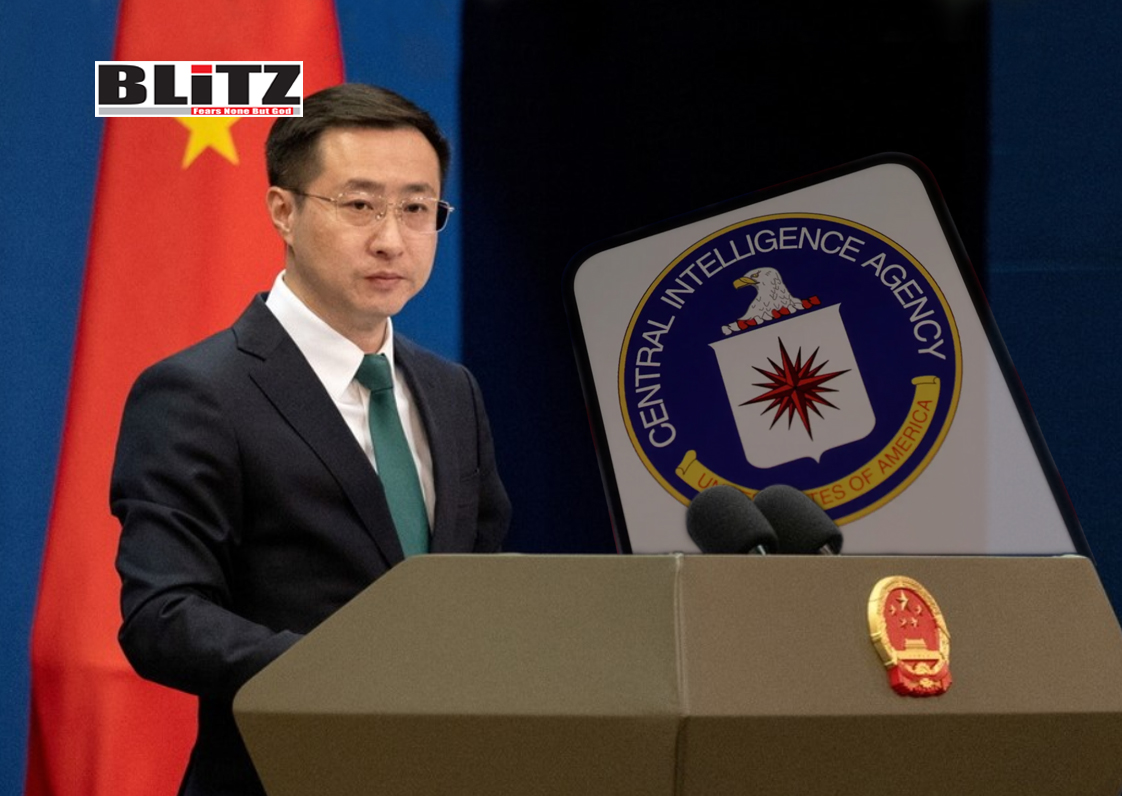

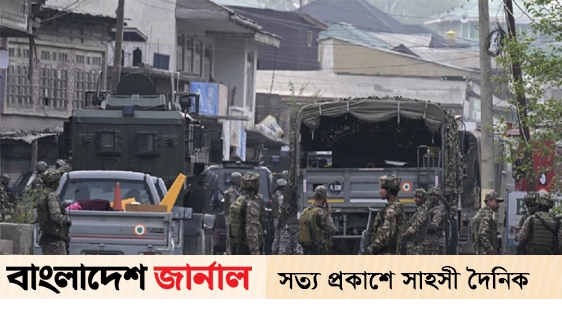

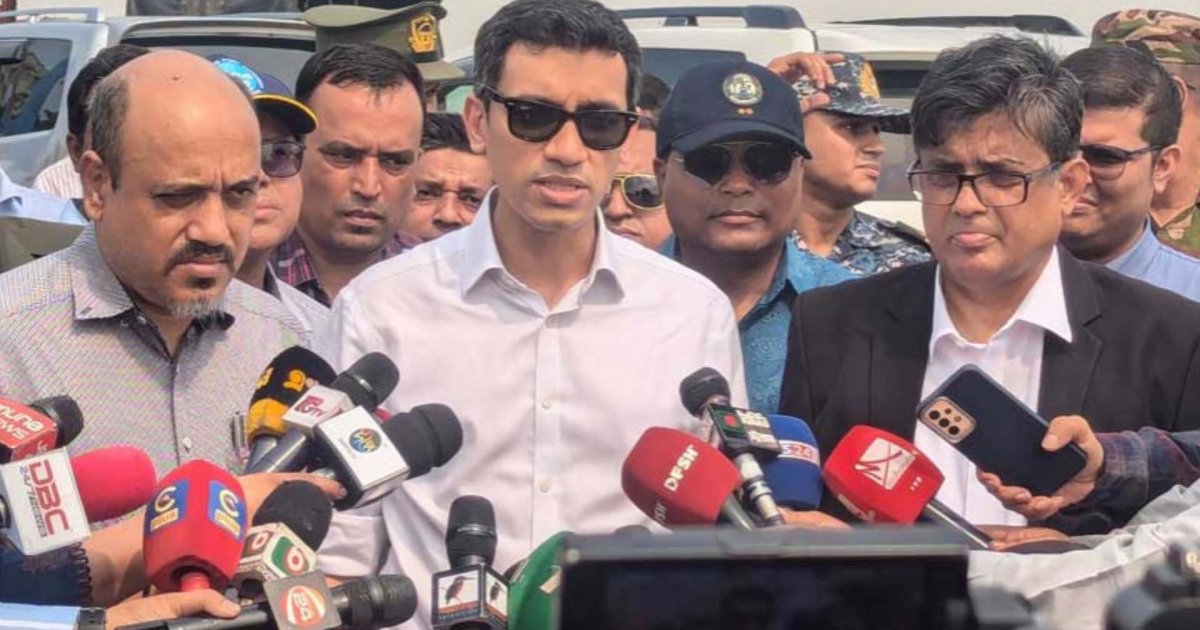
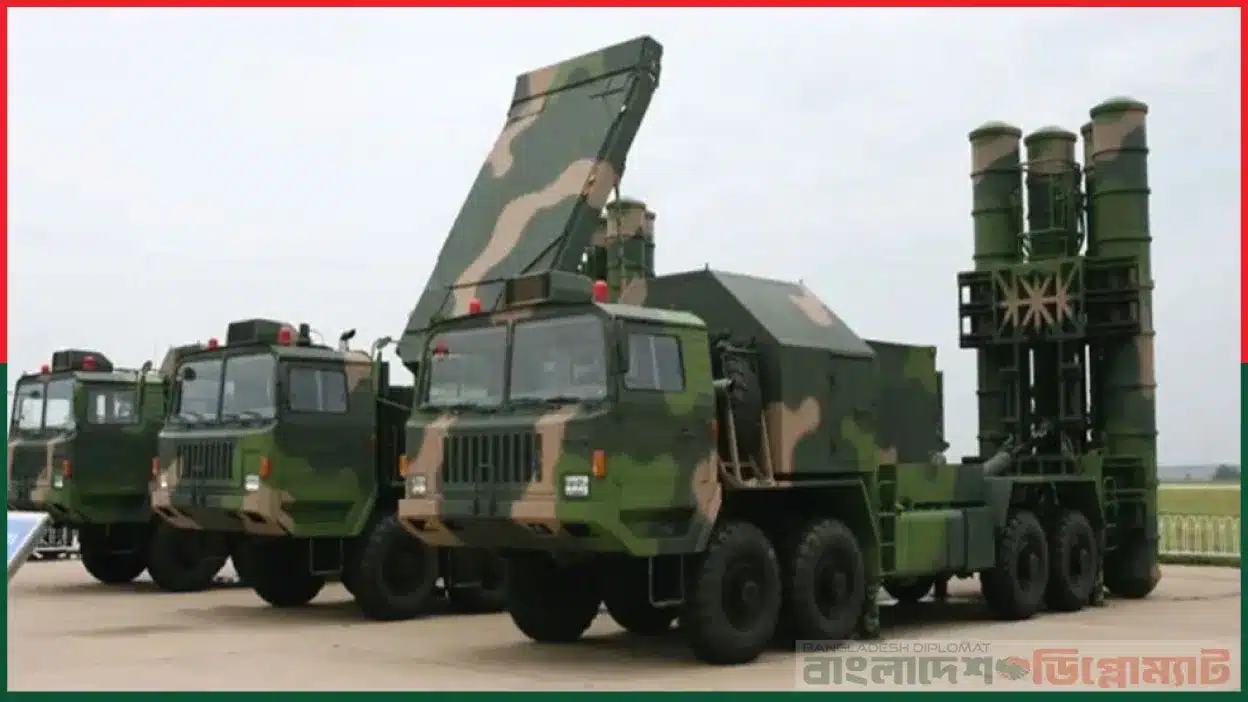
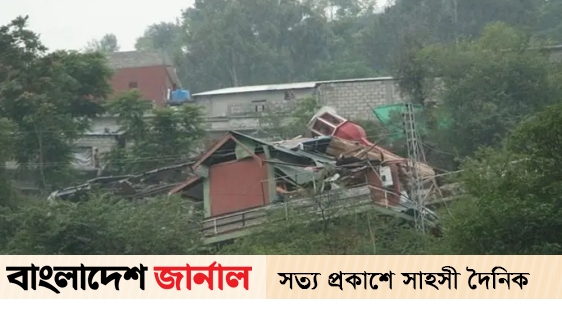



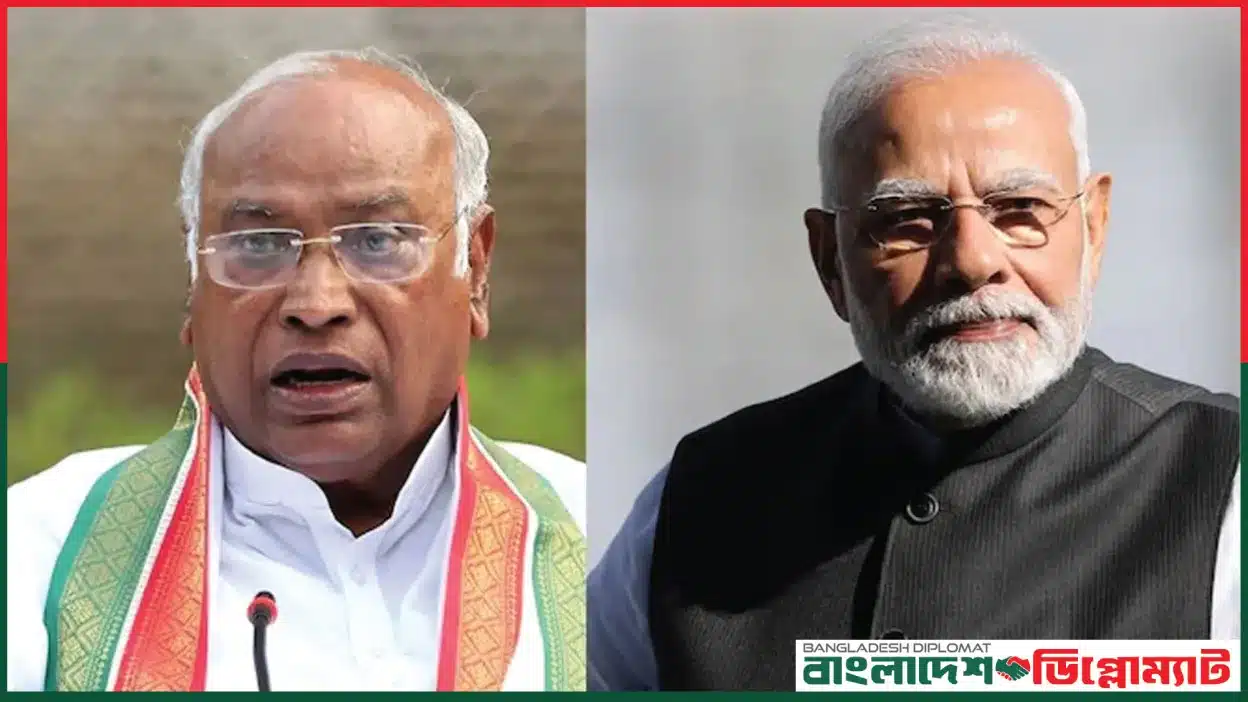



Leave a Reply